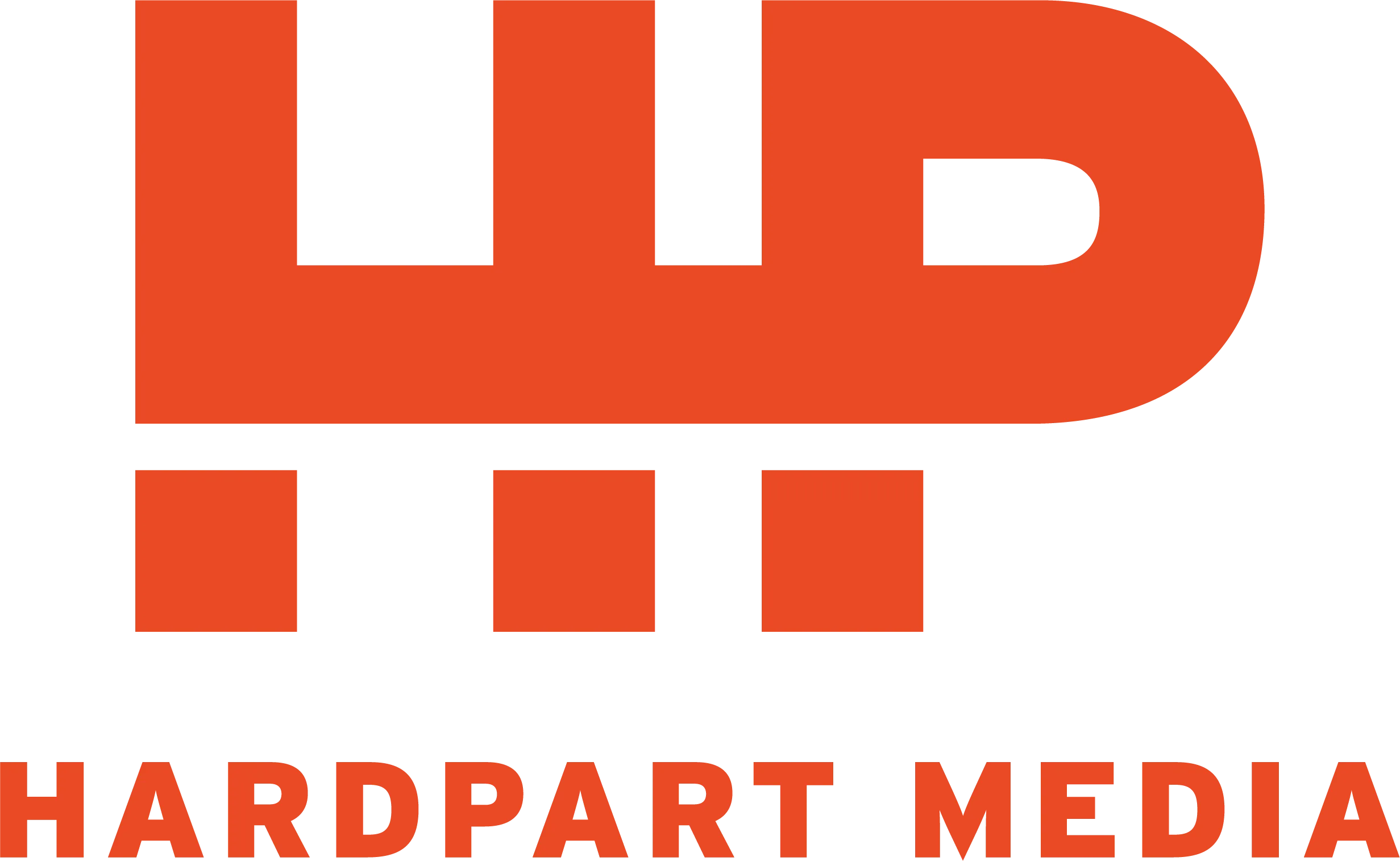SEO vs PPC: Why Both Make Up a Winning Marketing Strategy
If you are a business owner, you know how important SEO and PPC can be to support business growth. But if you’ve ever wondered which strategy may be more important for your business — SEO or PPC — the answer may surprise you.
The truth is that a successful marketing strategy leverages both SEO and PPC and understands that working together can drive sustainable traffic, online visibility and maximized return on investment. Learn more about the differences between the two service offerings and how they complement each other to create a long-term growth strategy.
How are SEO and PPC Different?
SEO and PPC may work together, but they have very different foundations with distinct roles. Search Engine Optimization (SEO) is optimization of your website and page content to impact rankings or positioning in search engine results. SEO focuses on keyword targeting, elements within your on-page content, backlinking, technical health and site speed to grow your traffic organically without the need to pay for someone clicking on your website.
PPC or pay-per-click marketing differs in that it is a paid advertising method that displays ads on search engines and other platforms when the business pays a fee for a click. Google Ads is the most used platform, and by businesses investing in PPC they can appear at the top of search results instantly as long as they pay for that placement.
Key Differences in SEO vs PPC
SEO
- – Long term and takes time to see results
- – No cost per click
- – Builds trust with users
- – Drives evergreen traffic
PPC
- – Immediate visibility
- – Controlled budget
- – Paid ads at top of SERPs
- – Highly targeted
- – Stops when budget ends
Both SEO and PPC bring value to the table. SEO builds long-term authority and visibility, and once you rank high or at the top your business can bring in traffic without having to pay for it. PPC on the other hand delivers measurable performance and quick results. Choosing one over the other could result in an incomplete marketing strategy.
What are the Benefits of Using SEO and PPC Together?
By leveraging both SEO and PPC, you can supercharge your marketing efforts. Using PPC data to discover keyword search and which keywords get the most clicks will help to form the best SEO content strategy. Using organic data from tools like Google Search Console can help to show terms with high impressions that you may want to bid on or target in paid ads. A level of synergy with keyword targeting will benefit your overall marketing strategy.
Benefits include:
- – Dominating search results
- – Enhancing brand trust and recognition
- – Filling the marketing funnel throughout each stage
- – Competitive edge for high search terms with solid intent
If your business appears in both paid and organic listings, then your visibility doubles. If you have increased presence, you have more chance of getting the click AND pushing your competition down the page. Additionally, whereas people may not fully trust ads, if your brand shows up in both paid search and organic search it can reinforce your credibility with users. In fact, a study by Google shows that if you combine both SEO and PPC efforts, it will lead to higher CTRs than if doing one type of marketing without the other.
Likewise, if you use SEO to bring in users that are researching products or services, you can then use PPC to retarget those same users with mid or bottom funnel ads that include promotions and offers, covering the entire buyer’s journey. Paid search will also provide a more competitive edge while SEO is ramping up. SEO takes time for a business to gain traction in organic results, but paid advertising makes sure you are seen instantly. Together they cover both the short game and the long game.
How Do You Build a Balanced PPC and SEO Strategy?
After understanding how the two strategies play off each other and work together, now it is time to uncover how to create a combined plan for a more cohesive digital marketing strategy.
Start With Clear Goals
Make sure your goals help to guide you through budget allocation. Understanding what keywords you may want to target based on if you are looking to increase awareness, generate leads, or boost sales will be important.
Budget Based on Timeline
SEO is the more cost-effective strategy in the long run, but depending on your brand positioning and the level of competition in your industry, it may take time. PPC will deliver faster results. Use PPC to generate more immediate leads as you work on securing long term traffic with SEO work.
Be Strategic with Keyword Targeting
Maximize your coverage but be careful not to compete against your own listings. SEO is good to target informational keywords and evergreen content, whereas PPC is great for transactional terms and high-intent keywords. Segment your keyword strategy properly to avoid cannibalization.
Leverage Your Data and Analytics
Let the data tell the story. Use your tools (Google Ads, GA4 and Google Search Console) and analyze your business performance across both your paid and your organic channels. Understand key metrics such as conversion rate, CPA (cost per acquisition), CTR (click-through-rate), and impressions. Use the data to optimize and adjust strategy when needed.
Test, Analyze and Optimize
Marketing is not predictable. With PPC you can test ad copy with different offers, landing pages, etc. This can then influence your content creation strategy. You can also look at top performing SEO pages and boost those pages with paid advertising to impact overall visibility.
Don’t Choose One Over Another – Combine SEO and PPC For Great Results!
SEO and PPC are marketing strategies that operate very different; however they are not competing strategies. Businesses that use both benefit from stronger targeting, increased visibility and a complete marketing funnel.
Do you need someone to manage both your SEO and PPC campaigns? Contact HardPart Media today. Our marketing specialists understand how to create a custom strategy that drives top results from every angle. Let’s talk!

